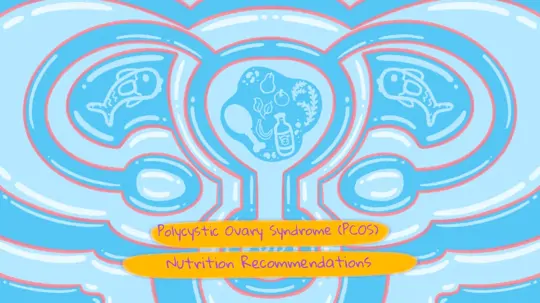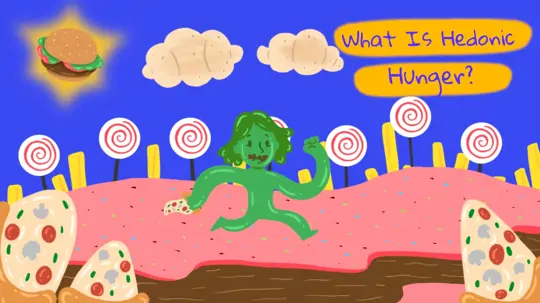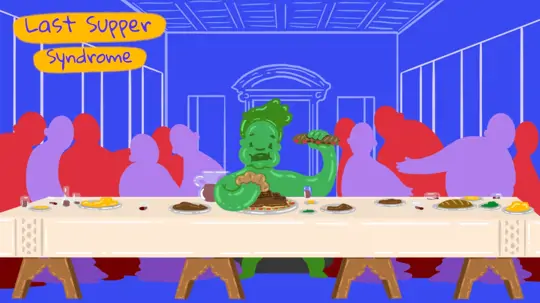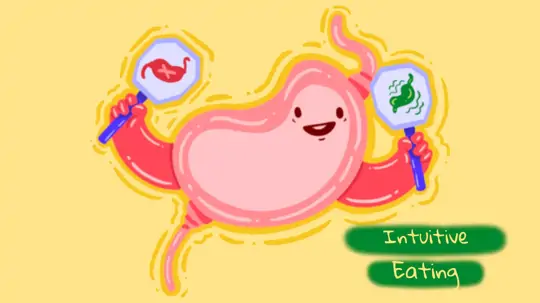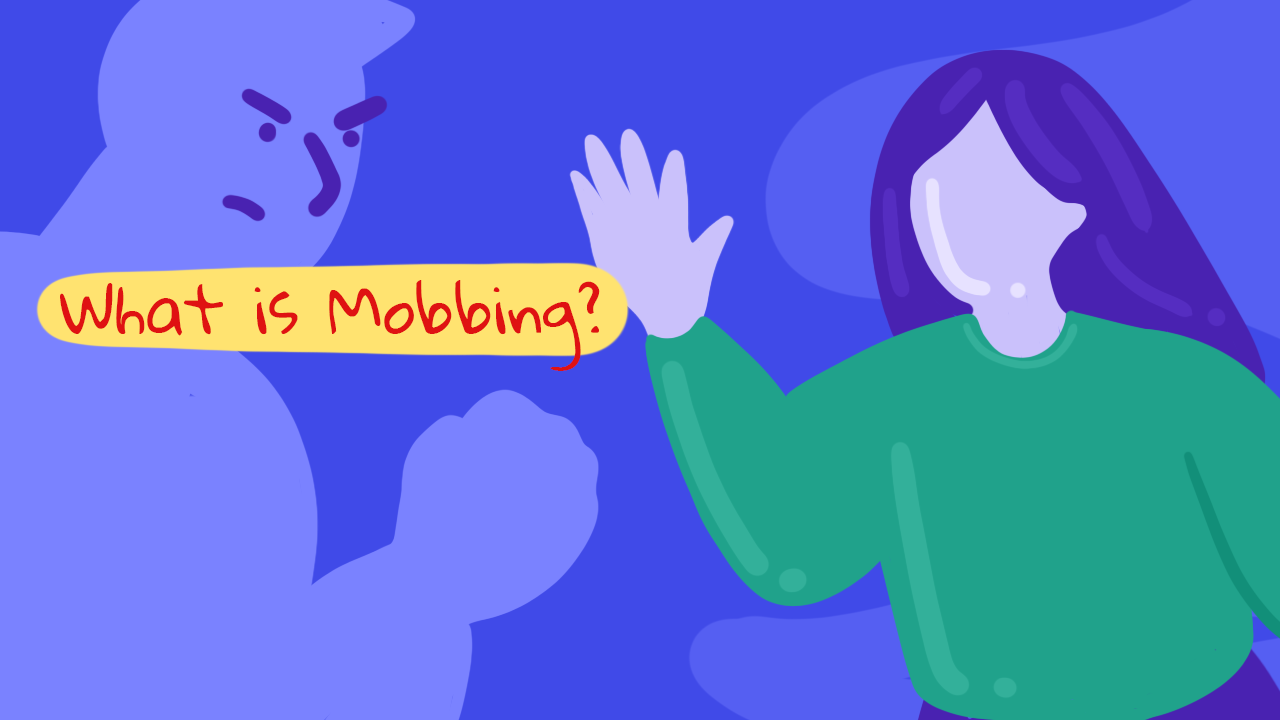
Start feeling better today!
Connect with your therapist today and take control of your life like our 850.000 happy clients.
Get StartedMobbing
Have you ever faced insults, threats, hostile looks, or ill-treatment at your workplace? Have you ever thought that you came home from work tired, the last thing you wanted was to go to work in the morning, and you felt inadequate, insecure, and excluded from the group you were in?
What about the times when you think that your mental and physical health is damaged due to your working environment? If your answer to these questions is mostly yes, you may also be a victim of mobbing. So what is mobbing?
What is Mobbing?
Mobbing is psychological violence, pressure, harassment, inconvenience, or distress in order to intimidate and harass the exposed person. Mobbing is also known as workplace bullying. The concept of "mobbing," which was used for the first time by Henz Leynman, a work psychologist, as a result of his observations, is a type of psychological violence that takes place in work environments1.
Mobbing contains certain negative behavior patterns. The goal is to intimidate the person in the work environment by causing discomfort. Colleagues can mob each other, or employers can mob employees.
Mobbing is systematic, sometimes individual, sometimes organizational, and generally long-term psychological harassment directed at a certain person. Because of this violence, people often lose motivation, become less satisfied with their jobs and less committed to them, and even quit their jobs because of all the bad things that happen2.
In some countries, this kind of violence is against the law because it can cause a lot of physical and emotional harm to people1.
Types of Mobbing
Psychological harassment can mean a lot of different things. This violence can sometimes come from someone else's loud voice that we hear all the time, and sometimes it can be physical violence. So, there are also many different kinds of mobbing. The person may go through one or more of the following situations, which are all examples of psychological harassment when they last for a long time.
- Speaking loudly, scolding the person
- Not listening to the person, preventing them from expressing themselves, interrupting
- Isolating the person, excluding them
- Assigning the person more work than they can handle
- Sexual harassment
- Threatening
- Physical violence
- Insulting, naming, humiliating, and constantly criticizing the person, alone or in front of others3.
As can be seen, this type of psychological violence includes various behaviors among people working together in the same office. It is particularly striking that it can pose a serious danger to the safety and physical and mental health of the target person3.

Effects of Mobbing
As you might expect, being exposed to mobbing has many effects on a person's mind, social life, finances, and even body. Since we carry the effects of every good or bad experience we've had to different degrees, a person who is constantly and systematically humiliated, threatened, harassed, and treated badly in general will display many negative effects. Here are some examples of these effects1:
- Loss of self-confidence
- A general feeling of reluctance
- Physiological problems (headaches, loss of appetite, sweating in hands, trembling, etc.)
- Somatic pains caused by psychological conditions
- Financial losses in case of quitting the job
- Feeling lonely and isolated
- Increased restlessness, frustration, and anger
When talking about the effects of mobbing, it is important to think about how long it lasts and how bad it is. This is true for all types of violence.
Studies show that the bad effects may get worse as the mobbing goes on longer and happens more often. Even after we leave our jobs, the effects of being mobbed so much can still show up in our daily, social, and future work lives. People who have been mobbed for a long time may develop mental illnesses like post-traumatic stress disorder, depression, and panic attacks as a result1.
Why Has This Happened To Me?
If we are experiencing the psychological abuse examples mentioned above and we feel its effects on us, we may be trying to understand why we are exposed to it. No experiments have been conducted on mobbing people. However, there are some personality traits that are identified with individuals who engage in such behaviors in society. These traits are2:
- Lacking ethical values
- Trying to cover up their own failures or inadequacies by projecting them onto someone else and humiliating them
- Having underdeveloped emotional intelligence
- Some mental disorders
How to Handle Workplace Mobbing?
When we all get to a certain age, we all start working. In the environment in which we work, we often meet different kinds of people. We may be victims of mobbing in the group we are in because aggression and violence are getting worse2.

We may have been in all of the above situations or even more, and we may still feel the effects of the violence we've been through. So, is this our fate? What can we do right now to fix it? How do we handle mobbing?
If you sayI've experienced this too
or I'm still experiencing all this
, first, you need to know what's going on, accept it for what it is, and protect yourself. It's important to plan out what you'll do next.
Realizing that what you're facing is violence and remembering that you can fight for your rights legally can help you feel less helpless. Mobbing in the workplace can lead to lawsuits for mobbing. We can also lessen the negative effects of psychological harassment on our minds by taking care of ourselves and spending quality time with friends and family4.
As you can see, systemic, long-term, and intense psychological abuse has a big effect on both our mental and physical health. In addition to taking care of ourselves by being aware of our physical and mental states, it can be helpful to get help from friends, family, or professionals when we're having trouble.
Sources
- Tınaz, P., 2006, Mobbing: Psychological Harassment in the Workplace, Marmara University, FEAS, Department of Labor Economics and Industrial Relations.
- Göktürk, G. Y. et al, 2012, Mobbing: Psychological Harassment in the Workplace, Abant İzzet Baysal University Journal of Social Sciences Institute.
- Palaz, S. 2008, A Study on Psychological Harassment (Mobbing) Behaviors in the Workplace; The Example of Bandırma, “Business Power” Journal of Industrial Relations and Human Resources.
- Polat, O., 2012, Mobbing: Psychological Harassment in the Workplace, Acıbadem University Journal of Health Sciences.
